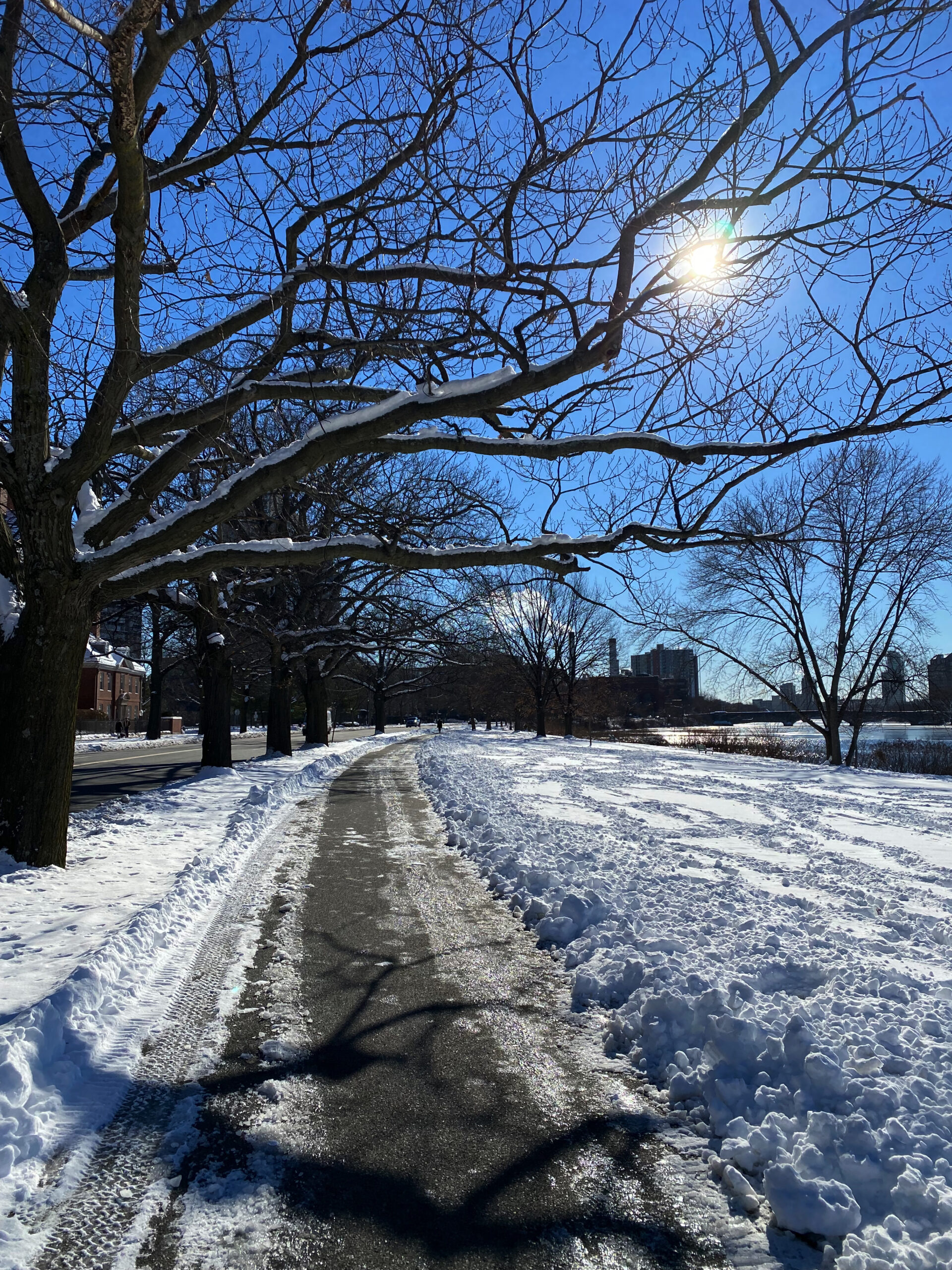
On Tuesday, I saw the video “I quit my job at Google, here’s what’s next…” on the YouTube Channel Joma Tech. I was surprised by the honesty in the video. He outlined his entire plan to achieve his life goal, which is to produce movies (such as a Netflix series). The plan also includes how he will finance it with crypto and the YouTube videos that he’s been making. Some of the videos, especially his series on the “Joma Cinematic Universe”, are attempts to practice scriptwriting.
While I was surprised that someone would reveal their entire plan to the public, there is a trend in being genuine and revealing. This not only lets you receive feedback and iterate faster, another benefit is faster recruiting people who are also interested in your goal.
In the fall of 2020, I attended the Business Today International Conference (on Zoom halfway across the world in Taiwan) and met this young professional creating a startup in Greece on marketing for Gen Z audiences. I asked her “what is the main takeaway to successfully market to a Get Z audience?” She told me the key is “being genuine”. As a Gen Z myself, this just so happens to corroborate with the most important value to me: Being genuine.
We can also see the mental model shift in startup culture from traditional lengthy business plans to design thinking. Design thinking enforces the idea that your initial thoughts do not typically work. Your problems may not be other people’s problems. Therefore, in design thinking, people prototype quickly and get their idea out fast to gather feedback and iterate faster. The goal is to create designs that actually help people. Similarly, you could also “test” your life plan by sharing it with people, then gather feedback, and iterate!
One more benefit of just getting your ideas out there is that you get to attract people who have similar goals. This helps you achieve your goals quicker. As we see in the book The Code Breaker: Jennifer Doudna, Gene Editing, and the Future of the Human Race, collaboration fosters many breakthroughs in the world. It was just one year after the initial meeting of Charpentier and Doudna did they publish a paper that later won them a Nobel Prize. Many of the problems we face nowadays are no longer only about ourselves or even our community but are about a species fighting against nature.
So what are my plans for the future? There are two parts of my life that I would like to share with you. First of all, I am creating an education platform in Taiwan. From my experience, learning a new subject in Taiwan is very difficult. Often, you’d have no idea how to apply new knowledge to your expertise. More on that in future posts! Second, computer science and neuroscience are still at the heart of my studies and I enjoy them a lot. I’m thinking of writing more posts to share what I’ve learned in school (at an introductory level). I might go into more technical detail for computer science since it’s my expertise. For readers in Taiwan, I hope my future posts would inspire you to learn more about computer science and neuroscience. The two fields are considered non-mainstream subjects in Taiwan (compared to electrical engineering) but are very popular in the world.
Look forward to the following posts I’ve been planning to write:
- Conducting a man-in-the-middle attack on a Kindle Oasis 3 with the new KindleBreak vulnerability (I did this in the summer of 2021 but didn’t have time to write it up)
- The information problem in neuroscience
- Reflections on educational differences between the US and Taiwan
- What is problem-based learning and why is it important
Also, now that I’m hosting this blog on AWS, I’m counting on readers like you to help pay the bills 😉.

Leave a Reply